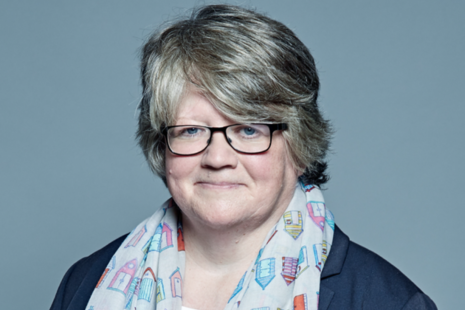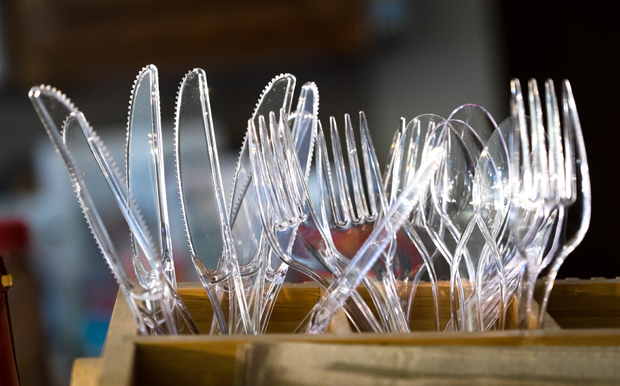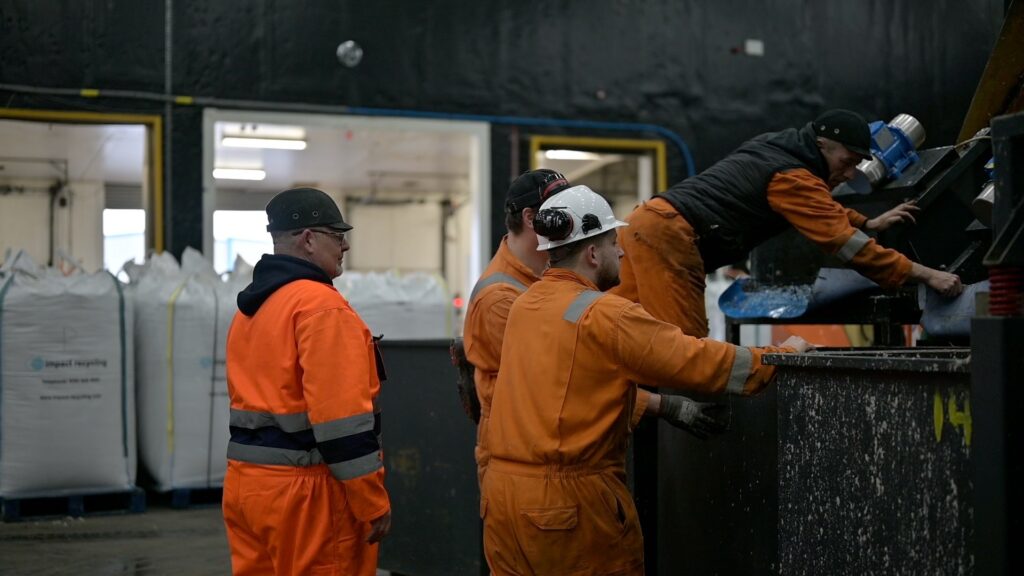News of the ban leaked last month, but today’s announcement provides more details.
The ban covers items including single-use plastic plates, trays, bowls, cutlery, balloon sticks and certain types of polystyrene cups and food containers.
It also applies to items made from bio-based, biodegradable or compostable plastic, the department for the environment, food and rural affairs (Defra) says.
Under the new legislation, the bans will be enforced principally through civil sanctions, Defra says, though failure to comply with a civil sanction, or repeated breaches, may result in authorities prosecuting for a criminal offence subject to a fine.
Dr Coffey said: “We all know the absolutely devastating impacts that plastic can have on our environment and wildlife.
“We have listened to the public and these new single-use plastics bans will continue our vital work to protect the environment for future generations.”
According to Defra’s estimates, England uses 2.7 billion items of single-use cutlery, most of which are plastic, and 721 million single-use plates per year, but only 10% are recycled. Plastic cutlery, for instance, was in the top 15 most littered items in the country in 2020.
From October, people will not be able to buy these products from any business, including retailers, takeaways, food vendors and the hospitality industry. More than 95% of those who responded to the government’s consultation were in favour of the bans, Defra says.
‘A scourge’
Environment minister Rebecca Pow added: “Plastic is a scourge which blights our streets and beautiful countryside and I am determined that we shift away from a single-use culture.

“By introducing a ban later this year we are doubling down on our commitment to eliminate all avoidable plastic waste.”
Previous bans, such as on straws, stirrers and cotton buds, have reduced the damage from these plastics, Defra says.
Before Defra banned these products, the department says, it was estimated straws, stirrers and cotton buds collectively contributed to around 5.7% of marine litter. After the ban, the Great British Beach Clean 2021 reported that cotton bud sticks had moved out of the UK’s top 10 most common beach litter items.
The government is also “carefully considering” further measures around other commonly littered and problematic plastic items, including wet wipes, tobacco filters and sachets, following a call for evidence on this issue.
Future steps that could be explored include banning plastic in these items and mandatory labelling on packaging to help consumers dispose of these items correctly. A new research project will also look into the impact of wet wipes on blockages in the sewage system and will inform any future policy.
The ban will not apply to plates, trays and bowls used as packaging in shelf-ready pre-packaged food items, as these will be included in the government’s plans for extended producer responsibility scheme.








Subscribe for free